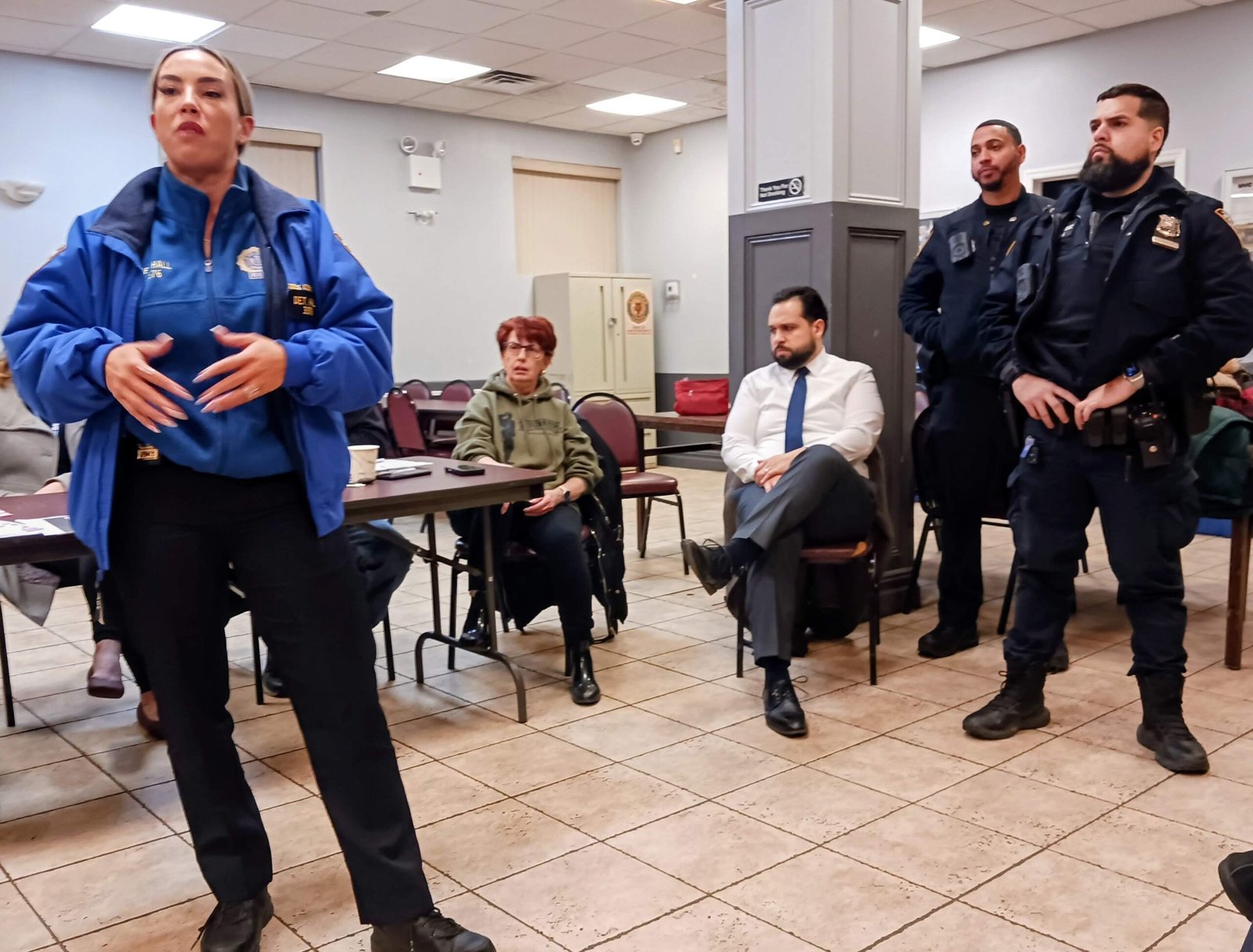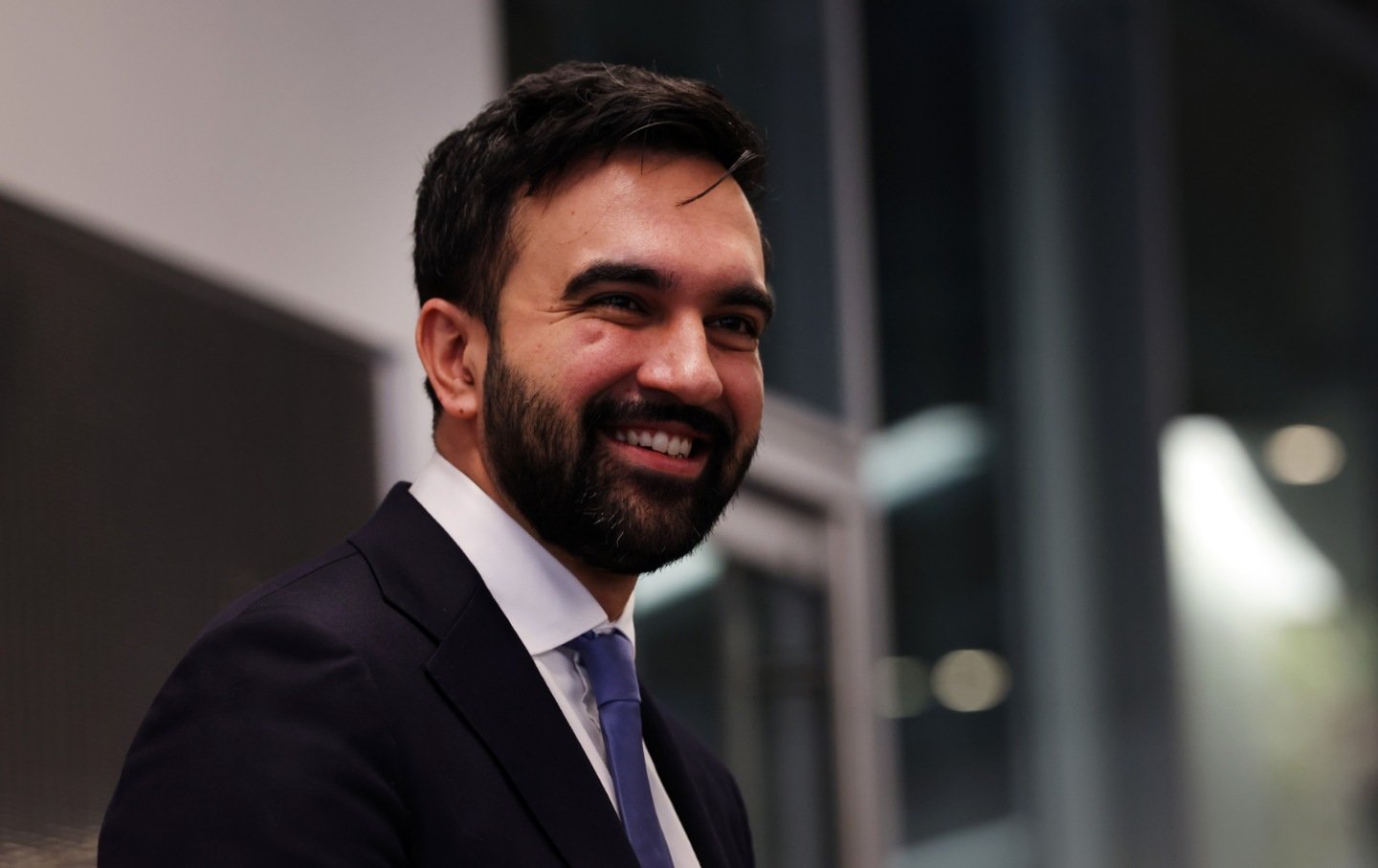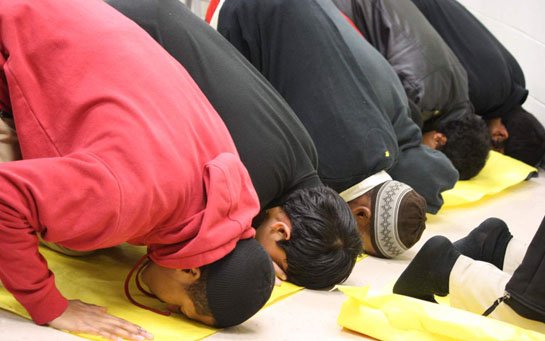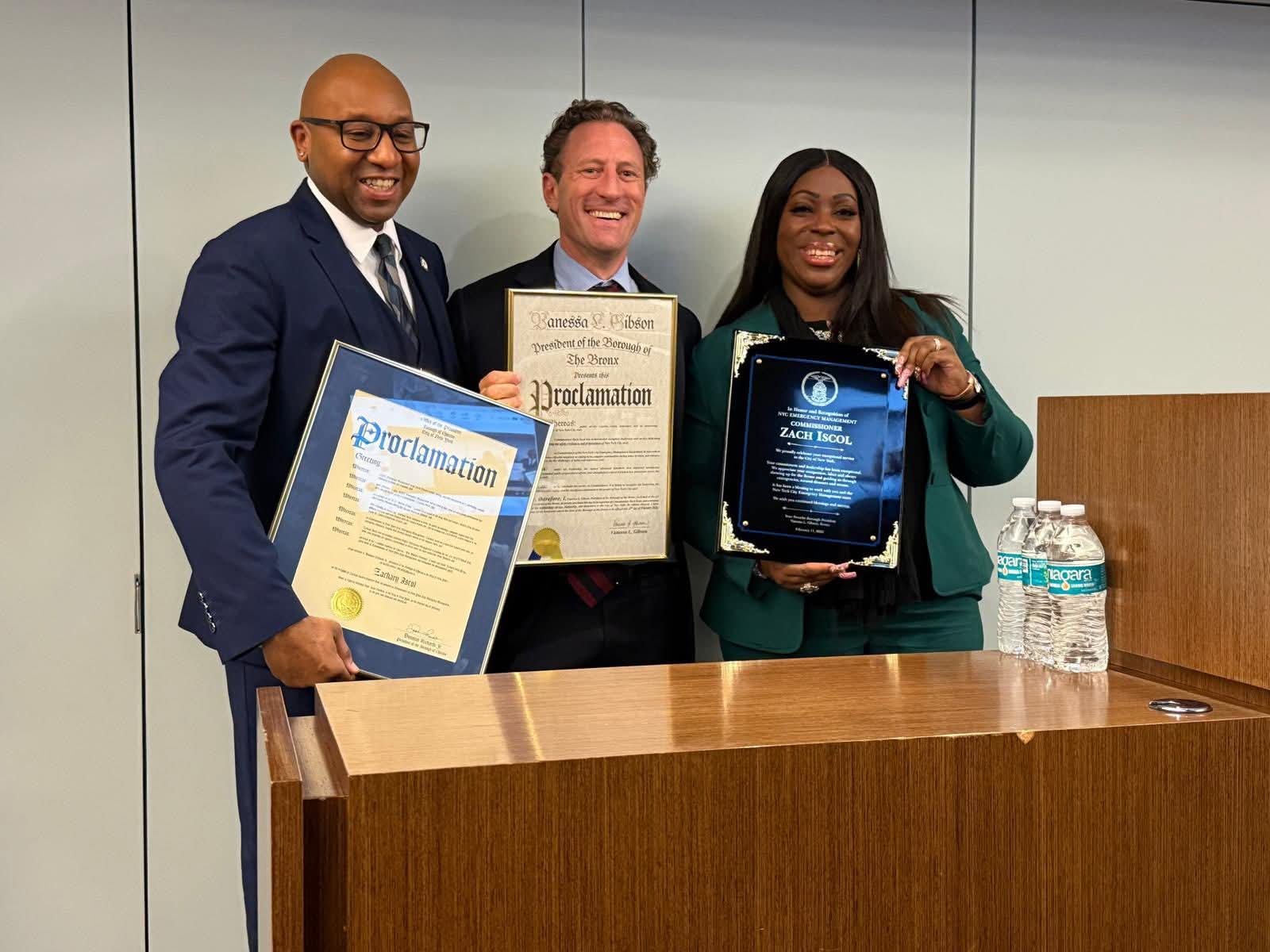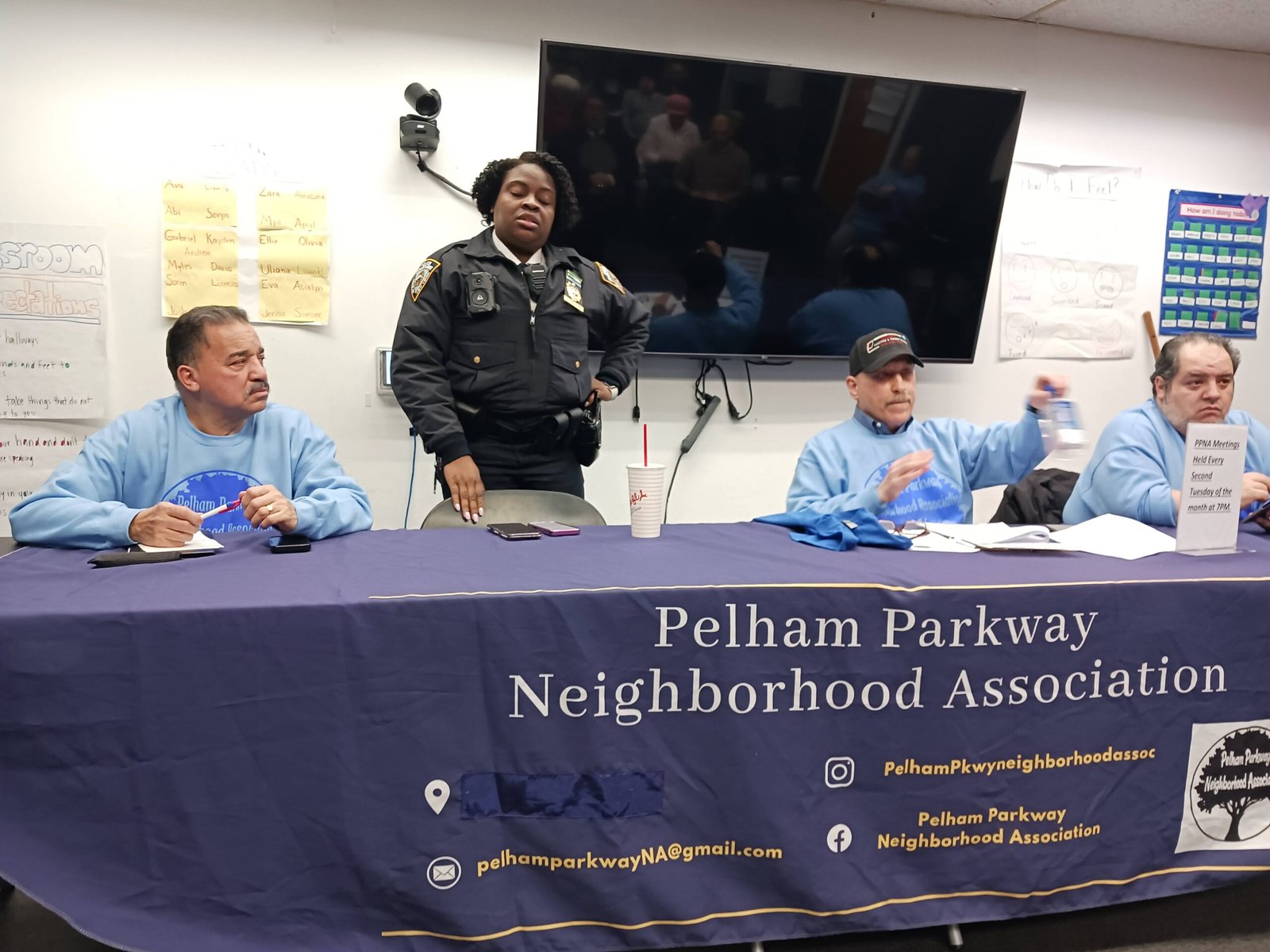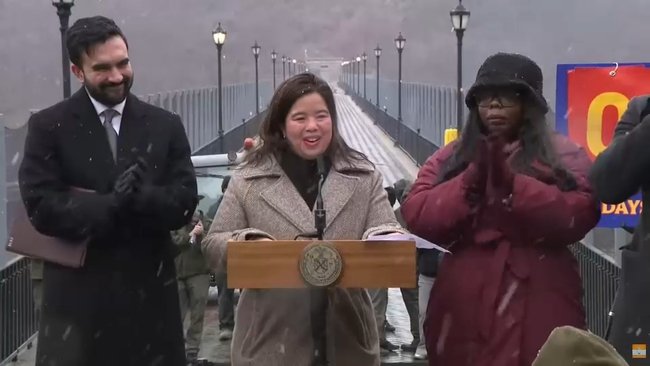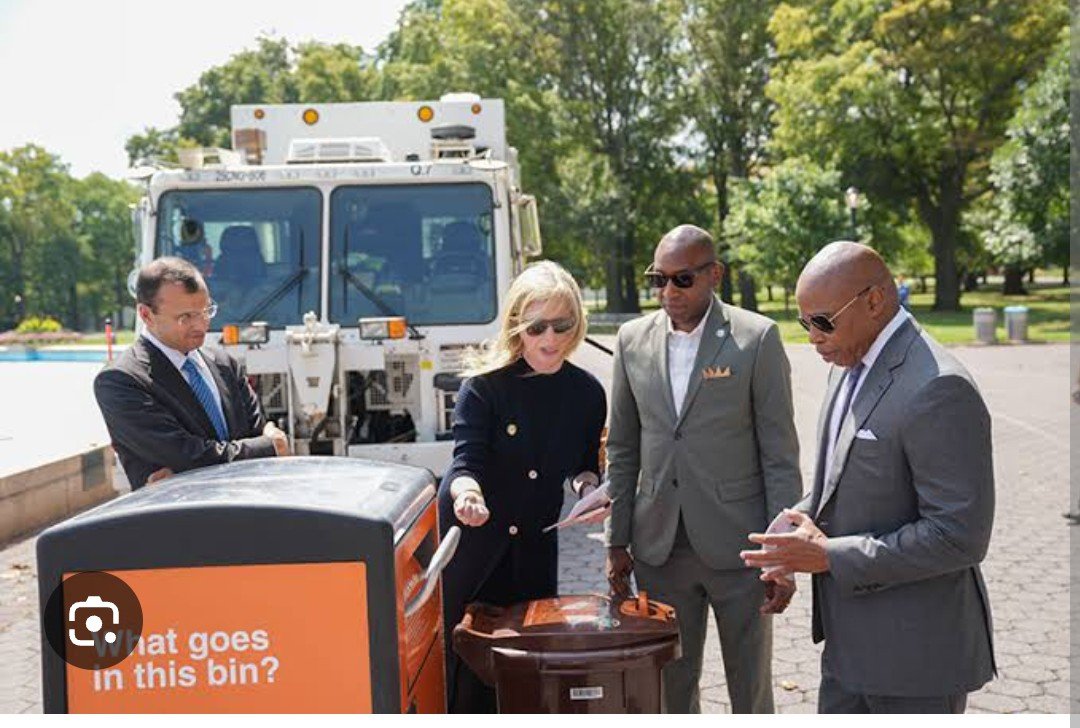
New York City Mayor Eric Adams and New York City Department of Sanitation (DSNY) Commissioner Jessica Tisch today announced the completion of the roll-out of automatic, guaranteed, free, simple, weekly collection of compostable material to every New Yorker across the five boroughs.
When trucks left DSNY garages serving the Bronx, Staten Island, and Manhattan just after 5:00 AM today, they were making good on a promise that the past administration had made for over a decade.
That promise was long derided as impossible, but that Mayor Adams committed to making it a reality in his 2023 State of the City address.
Also Read: Deputy Mayor Phil Banks Resigns amid federal investigation
This program, which began in Queens in the fall of 2022 and expanded to Brooklyn in the fall of 2023, is now permanent and offered citywide — something achieved with a focus on sustainability, cleanliness, equity, and efficiency.
“It’s simple: when food scraps end up in black bags on the street, they become rat food or methane emissions,” said Mayor Adams. “Starting today, curbside composting is free and pain-free on every block and in every borough — something prior administrations have tried, but we got it done. I’m grateful to Commissioner Tisch and the dedicated sanitation workers who work day-in, day-out to make this program possible and keep our streets clean for New Yorkers.”
“We are waging a war against climate change. Our weapons are your banana peels, rotten tomatoes, and stale bread,” said Deputy Mayor for Operations Meera Joshi. “Now, in all five boroughs, our easy-to-use curbside organics collection program will prevent these scraps from being shipped to emissions-producing landfills, and instead turn them into compost and renewable energy.”
“Curbside composting programs have existed in the city for over a decade, but none have ever served more than 40 percent of New Yorkers — until now,” said DSNY Commissioner Tisch.
“This administration has achieved the long-standing goal of bringing composting to every corner of the five boroughs, not as a niche program, but as a free, universal, easy-to-use service — one that will divert record amounts of material from landfills. We’re protecting the environment, fighting rats, and bringing equity to the city at large.”
While curbside composting programs have existed in New York City for the last decade, none have ever served more than approximately 40 percent of the city. Those composting programs had been plagued by stops and starts and complicated rules. This program’s model — no sign-up required, fewer restrictions on material and on type of bin — is a model that can work for all New Yorkers.
“A citywide curbside organics collection program is vital to creating a true circular economy in New York City,” said New York City Chief Climate Officer and New York City Department of Environmental Protection (DEP) Commissioner Rohit T. Aggarwala. “Instead of simply discarding our organic waste, we are recovering energy and nutrients from this material at facilities like DEP’s Newtown Creek Wastewater Resource Recovery Facility and DSNY’s Staten Island Compost Facility.”
“This roll out is the city achieving another one of our PlaNYC goals, and an important step towards improving our environment,” said Mayor’s Office of Climate and Environmental Justice Executive Director Elijah Hutchinson. “This diversion will reduce the amount of solid waste generated within the city, the majority of which is currently processed and transferred in a handful of over-burdened environmental justice communities.”
“Today we have reached our goal of implementing curbside composting citywide, allowing us to divert from landfills and compost all 1 million tons of organic household waste New York City produces annually,” said New York State Assemblymember Jenifer Rajkumar.
“Curbside composting is officially available all over New York City. This is a pivotal step forward in the fight against climate change and also towards the future of our city,” said New York City Councilmember Shaun Abreu.



